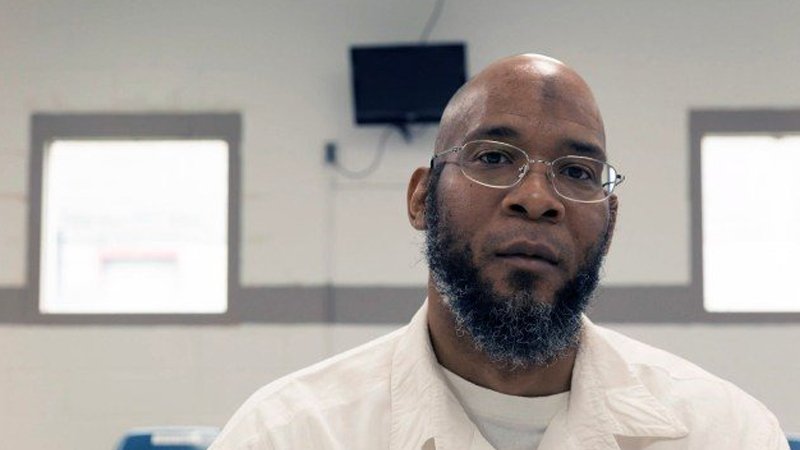
(Picture: Courtesy of Marcellus Williams’s legal team)
Marcellus Williams, 55, was executed for the brutal 1998 murder of Lisha Gayle, despite calls for clemency from both the prosecutor and the victim’s family. Gayle, a former reporter, was stabbed over 40 times during a burglary at her home in St. Louis, Missouri. Williams was convicted and sentenced to death, but in the years leading up to his execution, his case stirred significant controversy. told by Metro.
In a heartfelt petition for clemency, members of Lisha Gayle’s family argued that Williams’ death was not necessary to achieve justice. “The family defines closure as Marcellus being allowed to live,” they stated, emphasizing their opposition to his execution. However, their plea, along with appeals from others, fell on deaf ears as the state moved forward with the execution.
Williams’ execution was one of five scheduled in the United States over the span of a single week—an unusually high number that has not been seen in two decades. This grim period marks a troubling resurgence in the application of the death penalty, despite a nationwide trend of declining executions.
Williams’ final moments were spent speaking quietly with a spiritual advisor. His last words were, “All praise be to Allah in every situation.” After the lethal injection was administered, his chest rose and fell a few times before he became still. His final meal included chicken wings and tater tots. report from The Mirror.
None of Lisha Gayle’s family members were present during the execution. Instead, Williams’ son and two of his attorneys bore witness to his final moments. Following the execution, Tricia Rojo Bushnell, one of Williams’ attorneys, condemned the state’s decision, calling it a “grotesque exercise of state power.” She added, “Let it not be in vain. This should never happen, and we must not let it continue.”
The NAACP was among the organizations that lobbied for Williams’ life to be spared. NAACP President Derrick Johnson issued a powerful statement after the execution, declaring, “Tonight, Missouri lynched another innocent Black man.”
Williams had faced the death penalty multiple times before, receiving reprieves in 2015 and 2017. However, his final appeals were denied in swift succession. Missouri Governor Mike Parson, a Republican, along with the state’s Supreme Court, rejected Williams’ last-minute efforts to avoid execution. The U.S. Supreme Court also declined to intervene just hours before the execution took place.
Governor Parson defended the decision, expressing hope that the execution would bring closure to the long-running case. “No juror nor judge has ever found Williams’ innocence claim to be credible,” he stated, noting that the case had “languished for decades, revictimizing Ms. Gayle’s family over and over again.”
Williams’ execution marked the third in Missouri this year, and he became the 100th person put to death in the state since it reinstated the death penalty in 1989. Despite the legal and moral debates surrounding his case, the state ultimately carried out the execution, leaving a lasting impact on both supporters and opponents of the death penalty in the U.S.



